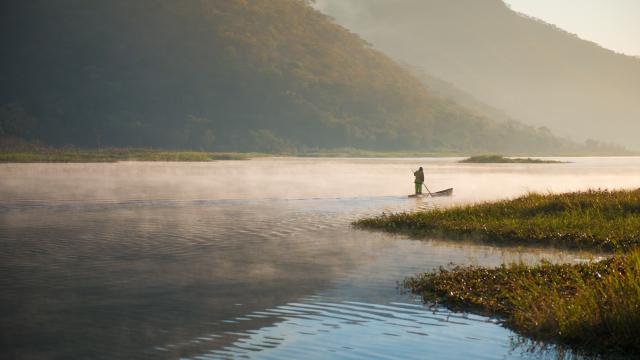The actions required are not something that anyone can do alone, they must be collective. That’s why WWF and Anheuser-Busch InBev (AB InBev), have joined forces to address critical water challenges and drive measurable impact in high-risk watersheds.
The partnership with WWF has a long standing history, which first started with South African Breweries (SAB), dating back to 2009 when WWF and SABMiller pioneered the practice of ‘water footprinting’ – measuring the amount of water used in making beer. Together we explored ways to mitigate water risks facing businesses, communities and ecosystems, both through the supply chain and through collective action. Incorporating water stewardship into SABMiller's corporate strategy not only contributes to ecological preservation, but drives communities' economic resilience and well-being. When SABMiller joined AB InBev in 2018 the partnership entered a new stage, specifically targeting water security in five high-risk landscapes. The collaboration then expanded into other AB InBev markets in Africa, with the aim to enhance watershed protection and restoration efforts.
Our two organizations leverage our respective expertise, resources and influence to find innovative strategies for conserving watersheds and improving water quality. We collaborate on activities including water risk assessments, sustainable agricultural practices and community engagement, working together to identify and address risks, develop sustainable solutions, and foster partnerships to achieve our shared goals.
We recognize that scientific research, data analysis and stakeholder engagement are fundamental in driving effective water management strategies. By integrating the best available knowledge and involving local communities, governments and other stakeholders, we are laying solid foundations to create lasting and impactful change.
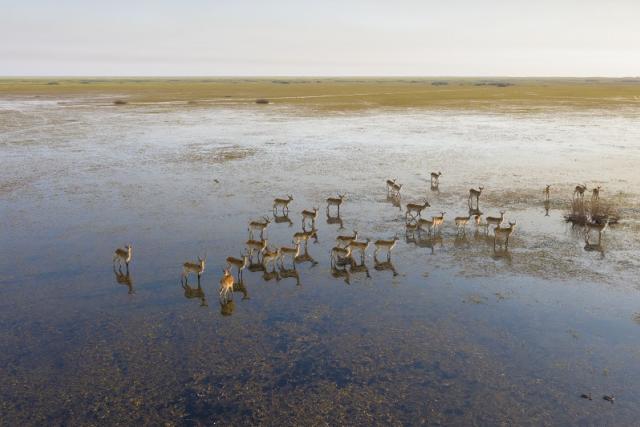
What we're doing
WWF and AB InBev are working together in Uganda, Mozambique, Zambia, Tanzania and South Africa—locations where AB InBev has operations and which are priorities for WWF from a conservation perspective—to measurably improve water availability, water quality and freshwater biodiversity. We are catalysing key decision makers to recognise the value of water and improve water governance to enable solutions to address water availability and quality challenges. The partnership is also working to mobilise investment for sustainable landscape management and further implement solutions to ensure that natural resources in these locations are managed sustainably and equitably.
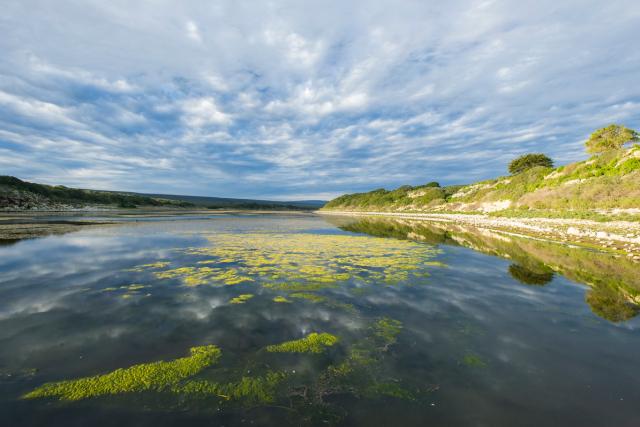
Over the last five years, in the first two phases of our partnership, WWF and AB InBev have developed the groundwork for focused ecosystem restoration projects in a number of priority watersheds that support AB InBev's 2025 water sustainability goal to have measurable improvement in water availability and quality across 100% of communities in high-stress areas in which AB InBev operates.
Phase 3 (2022-2025) aims to consolidate our progress to date and deliver measurable impacts with clear KPIs for both water quality and water quantity, as well as to broaden our work with communities, multi-stakeholder platforms and public authorities. Ultimately, we want this collaboration to serve as a model for other industries and organizations to follow in their pursuit of responsible water management and conservation. This report describes how our partnership operates, what we’ve achieved so far, and the future goals we’re targeting.
Our Partnership Objectives include:
- Strengthen Ab InBev Watershed investment efforts and secure freshwater sources for business operations and local communities.
- Leverage wider investment in watersheds globally through thought leadership and demonstrably effective nature-based solutions.
- Show how public-private partnerships can contribute to Sustainable Development Goal 6, ‘Clean water and sanitation for all’.
- Contribute to WWF’s wider conservation objectives, protecting biodiversity and fighting climate change.
In addition, WWF and AB InBev are engaging in collaborative thought leadership work. Breaking new ground, we are carrying out research and analysis to understand the effectiveness of Nature Based Solutions, and working to identify hotspots in Africa where they can be scaled up to mitigate climate-water risks, as well as the policy and investment levers needed to make this happen on the ground. Previous thought leadership publications have included; Waterways to Resilience: Nature Based Solutions for Adaptation in Africa.
Why we're doing it
This work is vital to our efforts at WWF to improve water security for people, nature and the economy, and to AB InBev’s work towards achieving its 2025 sustainability goals which reflect the company’s commitment to build a company to last for the next 100+ years. Our partnership is also contributing to the UN’s Sustainable Development Goals, specifically goals 2, 6 and 17.
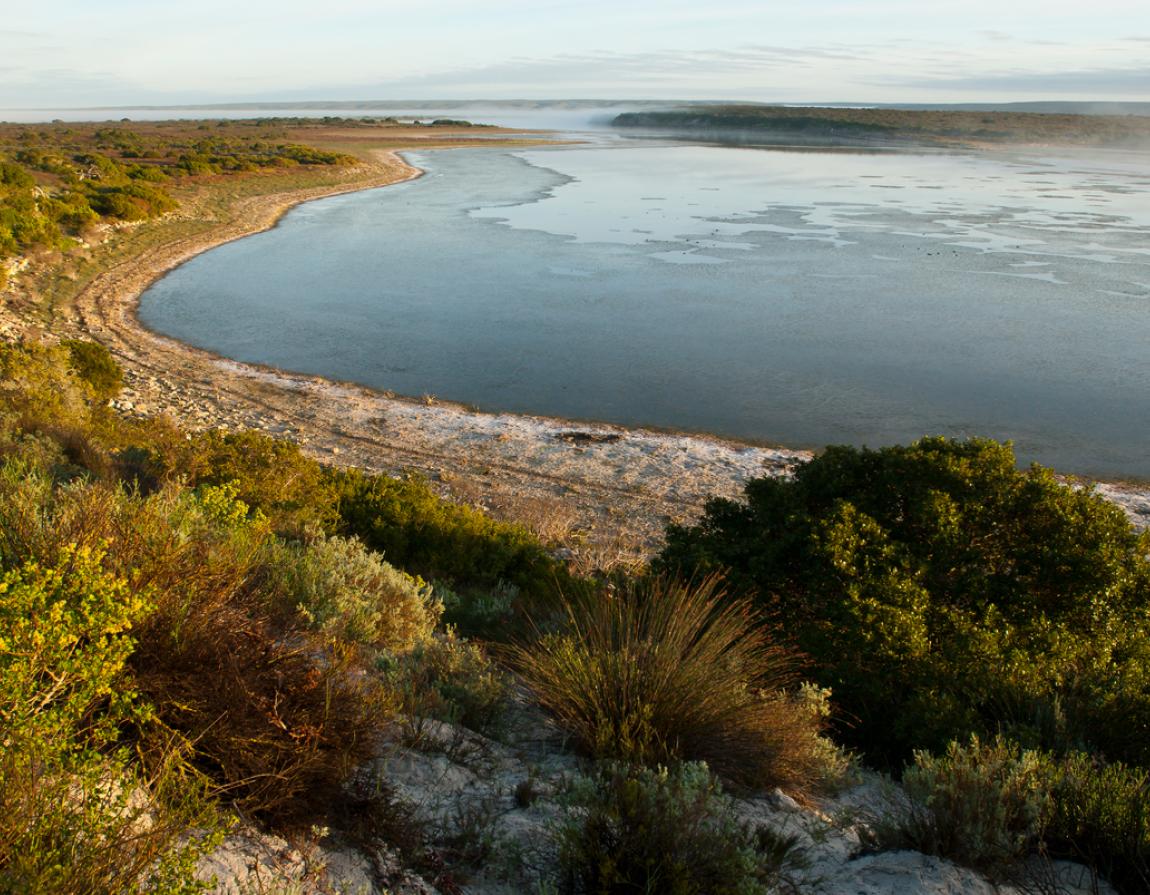
AB InBev has been at the forefront of water stewardship over the past decade, assessing water risks to their operations, setting targets and engaging beyond their factory fence: our new partnership is driving even greater collective action that will benefit economies and ecosystems
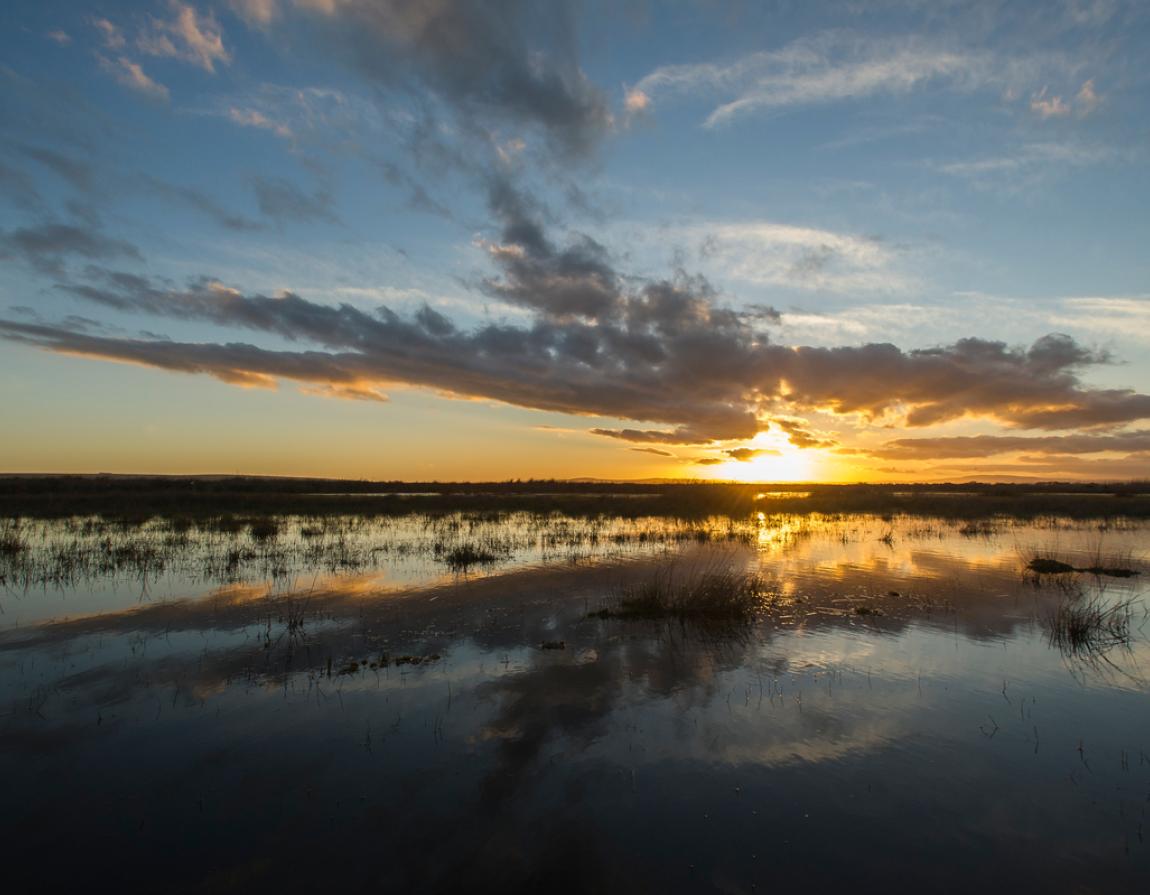
Our ultimate goal is to ensure water availability and quality for both our breweries and our communities, because when our communities thrive our business thrives. But we know we cannot do this work alone, which is why our partnership with WWF is invaluable to us. We’re proud to work with an organization that shares our belief that measurable impact at scale is the next frontier in water stewardship.
